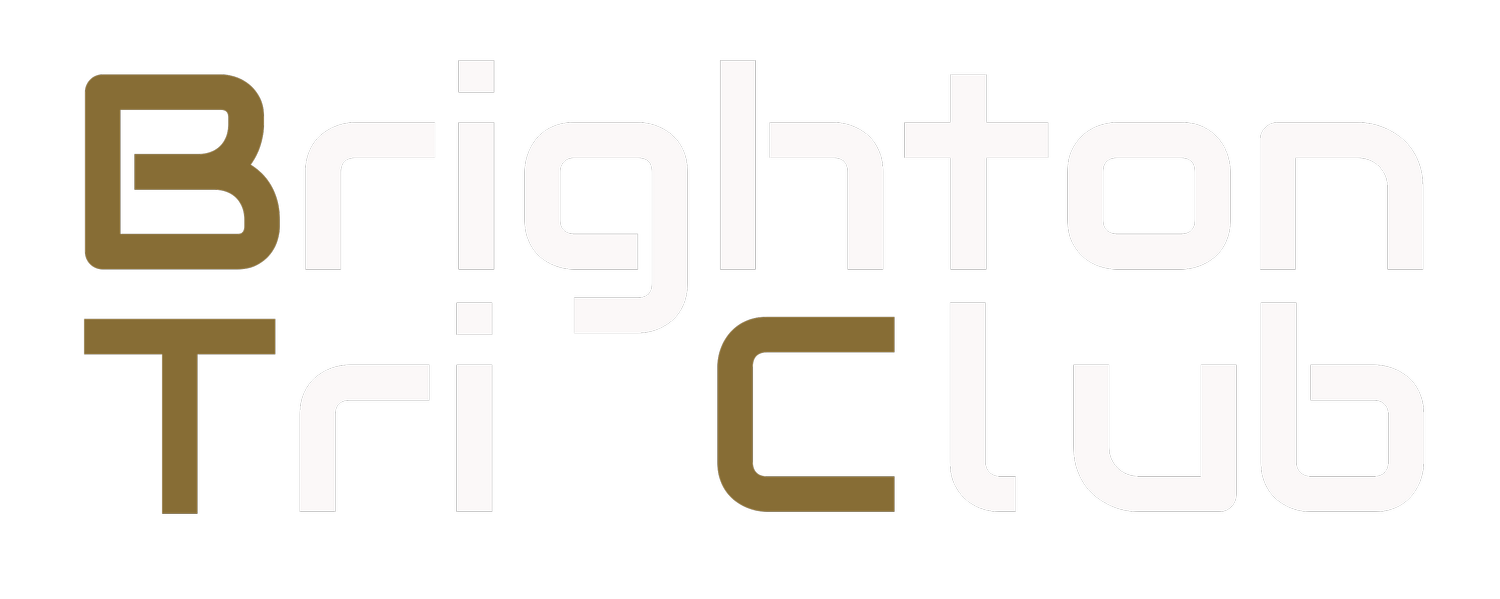Improving through Recovery
/Recovery is vital to us all in allowing the body to absorb and adapt to a training load (Volume x Intensity) and get fitter as a result. Recent club racing experiences have been educational for us all in demonstrating how long it can take to recover from different workout loads, and how that recovery time can vary due to basic genetic differences, age and fitness.
In Brighton Tri Club we are now moving into the build phase in our seasonal training cycle, which means that the intensity of sessions is increasing in order to get us ready for race efforts in the late spring and summer. That doesn’t mean that we stop doing easier workouts though.
In his excellent blog post "Hard-Easy Training", Joe Friel advises endurance athletes to “train either at low or high intensity, but keep the moderate training time between these extremes relatively small”, advice that we also believe is key to success in your endurance sport preparation.
Polarised training is another term for basically the same concept. Fundamentally, try not to schedule hard sessions on consecutive days and make sure you are balancing the time you spend training at high intensities with easier workouts too. Lots of people new to endurance sport fill their weeks with intense training sessions and although they improve at first, they soon plateau in their fitness, as well as putting themselves at greater risk of injury. Some people, particularly older athletes, will find that they need two full days of low intensity exercise between hard sessions. This doesn't mean that you are a "lesser" athlete than the next person - it does mean that you will damage yourself if you try to deny what your body is telling you.
Try to recognise where you personally may find the greatest potential time gains in the races that you are working towards, and focus your key efforts on that goal. It's worth us all remembering that although the club sessions are moving into a build phase, that doesn’t mean that all of the members who attend those sessions have a strong aerobic base of fitness and this could still be your area for improvement. Whilst high intensity sessions can provide the icing on your "fitness cake" it's not going to be a success if the cake itself isn't made properly - and that means aerobic endurance. It’s never too late to build that base and it applies to all three elements of our sport; swimming, cycling and running. For example, if you haven’t been riding much over the winter and spring, don’t just go along to the interval-focused club Velodrome and turbo sessions. You would be better to mix things up and go on some of our group rides as well, to build aerobic endurance at lower intensity. Equally, for running, don’t just do the hard intervals and a race-pace Parkrun every week. You need to do some easier running too.
Quality recovery is as much a part of your training as the sessions themselves and is critical to maintaining consistency in your training, absorbing the load that you place upon your body and allowing space for it to rebuild and improve. Training breaks you down - recovery makes you stronger.


